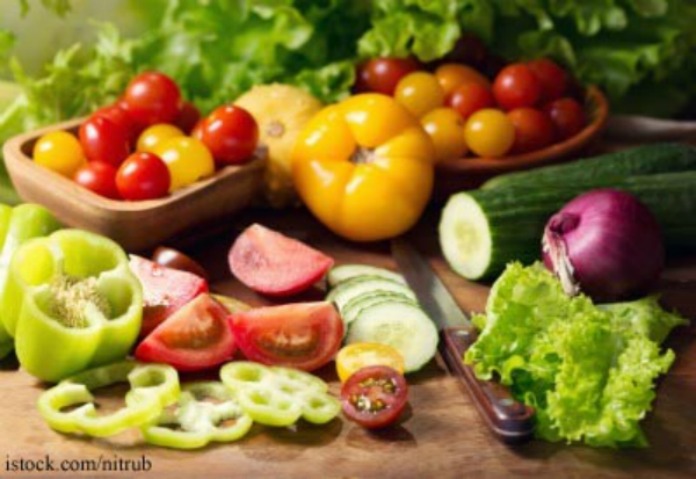Two groups focused on food safety are concerned about the government’s decision to extend compliance dates for Produce Safety Rule agricultural water requirements in the Food Safety Modernization Act. The Center for Science in the Public Interest and Center for Food Safety are worried that delaying this enforcement would cause more than 700,000 cases in foodborne illness.

The Produce Safety Rule is intended to make fresh fruits and vegetables safer to eat. Most food poisoning outbreaks are caused by these types of products. And one of the ways they can become contaminated is with animal feces in agricultural water runoff.
The rule has provisions that require microbial testing of water for E. coli, a pathogenic bacteria that is often found in the feces of ruminant animals. This is a problem, since in 2006, a major E. coli O157:H7 outbreak linked to Dole baby spinach was traced back to agricultural water that was contaminated with cattle and wild pig feces. There have been seven deadly outbreaks of foodborne illness linked to product since FSMA passed in 2011.
CSPI deputy director for legislative affairs Sarah Sorscher said in a statement, “Americans deserve to know that their produce wasn’t grown or rinsed in water contaminated with animal feces. Testing water that is used to grow and harvest produce for E. coli will save both lives and money.” George Kimbrell, legal director at Center for Food Safety added, “This shameful delay could literally cost Americans their lives.”
The final Produce Safety Rule was issued by the FDA, after years of delay and a lawsuit from Center for Food Safety, in November 2015. Growers are supposed to phase in water quality and testing requirements between 2018 and 2022, depending on the size of the farm. Now, growers won’t have to test water for E. coli contamination until between 2022 and 2024.
The FDA’s economic analysis shows that these illnesses and deaths could cost consumers between $96 million and $822 million more than the industry would save from the rule enforcement delay.




